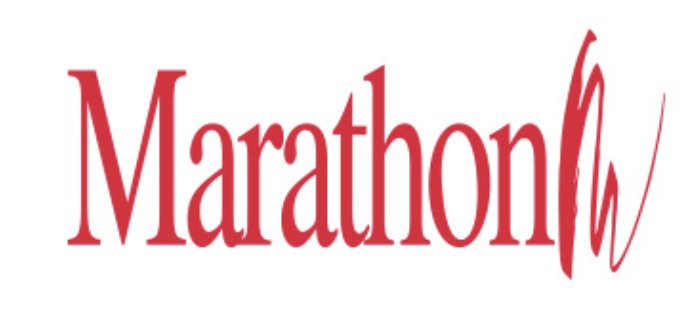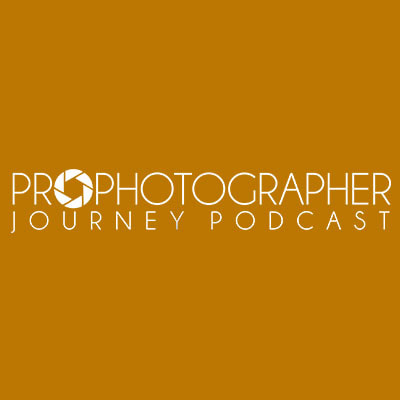|
by Skip Cohen
I'm online virtually all day, every day. Now and then, somebody shares an image that's so stunning it deserves to be seen by more people. Often, I'm not even out in search of an image to share, but this one, especially when it came up full-screen on my monitor, just hit me! Clay Blackmore is no stranger to SCU, or for that matter, many of you, especially if you're a wedding or portrait photographer. There's nothing Clay can't photograph, but it's his people work I've always loved the most. He shared the image above on Facebook yesterday. Clay shared the following advice on his SCU faculty page when we first started this blog: "More than ever, today's photographer needs a strong foundation in posing and lighting, along with a keen sense of business acumen to navigate a path to the better customers. When I was in Japan a few years ago I saw these signs about service that's so appropriate for the way we have to think about the business:
It's hard for me to believe Clay and I have been friends for over thirty years, first meeting after I joined Hasselblad. It's proof that time flies when you're having a good time. Check out more of Clay's work with a visit to his website and Facebook page. And if you see him scheduled to speak at an upcoming conference or in the Canon booth, run, don't walk to grab a seat!
2 Comments
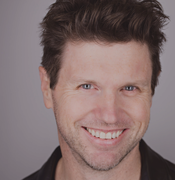 Advice for photographers just starting out? Like the guy in the beer commercial says... "Stay thirsty my friends!". Never stop striving to get better. Better at your craft, better at your business, massage your workflow, get smarter, learn from others, practice your people skills, learn to sell without being pushy, network, take good care of your clients and collaborate with your fellow professionals instead of always competing with them. The second you relax and you think you've got it all figured out, that's when the next generation starts kicking your ass. Trust me on that one! Becker is definitely somebody who needs to be on your radar - follow him and pay attention to what's going on at his website TheBecker.com. He's doing some great stuff! Images copyright The Becker. All rights reserved.
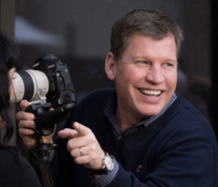 "More than ever, today's photographer needs a strong foundation in posing and lighting, along with a keen sense of business acumen to navigate a path to the better customers. When I was in Japan a few years ago I saw these signs about service that's so appropriate for the way we have to think about the business:
Clay is definitely somebody who needs to be on your radar. He's regularly on the road teaching around the country as well as at his own studio. You can track everything he's doing by staying tuned to his website. Images copyright Clay Blackmore. All rights reserved.
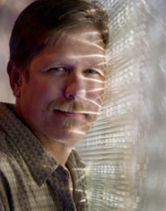 Jim Garner taught me a very important concept: Jim decided that education was the best money he could spend dollar for dollar; not more lenses or equipment but education and a lot of it! Jim took five or more workshops in one year with photographers he respected. Also he attended conventions like WPPI and PPA. He took workshops in directions he was deficient in or needing refinement. He realized that creating a more dynamic image and style would differentiate him from the masses. What he was lacking in his business skills, he reached out to learn more. It was easy to see his amazing rise in the industry within a very short time after taking these workshops and education. Would I suggest that to new photographers just starting out? Hell yeah!! I regret I did not take a similar path when I first started. I lost a lot of money and time trying to learn on my own! " You'll find a lot more about David on his website and if you want to contact him directly, he's just an email away at [email protected]. You can also find him on Facebook. Images copyright David Beckstead. All rights reserved.
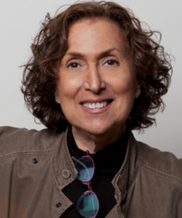
When you're just starting out there are so many things to think about.
Remember that photography is your chosen field of communication; so what is it you're trying to say? What is your point of view? Point of view, a combination of skill and life experience, is what separates one creative person from another. If you refrain from copying "styles" and understand what you have to say about something that no one else has said, than your work will be fresh and your very own. For more of Barbara's work and to keep on top of what she's doing, check out her website. Plus, throughout the year Barbara does her own workshops and every one is outstanding. Check out the video below on one of her past flower workshops.
Images copyright Barbara Bordnick. All rights reserved.
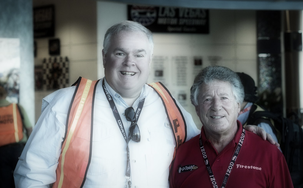 Scott with racing legend Mario Andretti Scott with racing legend Mario Andretti Just starting out? Three things... 1. Show your work to everyone and anyone who will look at it. Show the work. Show the work. Show the work. 2. Follow your heart. You will leave the business early if you photograph things you don't really care about. Do the thing you WANT to do and the money will find you. 3. Surround yourself with people who support your dream and likewise, remove from your life anyone who does not. When most of us were siting and thinking the Internet was just a passing fad, Scott Bourne stepped up to the plate and built the 104th website in the world. There's the best definition I can think of defining an "early adopter". When Scott and I first started working together he had 25,000 followers on Twitter. Today he's got 219,000. If you joined us at the 2012 summer program you heard one of the most inspirational presentations ever given in the photographic industry. Each time you hear somebody talk about their role as a "High Priest of Memory Protection", you know they were in the audience at Scott's program. He's an artist, a photographer, a writer, an educator, a developer, a musician, a race car driver, an animal rights activist and a social media guru. Best of all, for so many of us in the industry, he's an incredible friend! Follow him on Facebook and his new blog, Picture Methods. You'll never be disappointed. Images copyright Scott Bourne. All rights reserved.
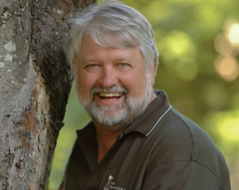 Advice for New (or Old) Photographers? 1. Spend as much time marketing, learning marketing, selling and learning selling as you do learning and doing Photoshop. 2. Learn to run a business – develop a business plan, then a yearly marketing plan. 3. Do what your clients can’t do! 4. Be realistic – there is nothing wrong with having a small part-time photography business or going full time. 5. Watch the trends. If putting a couch in the middle of a field and photographing a family with lens flair is hot, then do it! #6. Don’t listen to negative naysayers. The most important thing...Never Stop Learning! I've worked with Doug Box on different projects for close to thirty years, going back to my early Hasselblad days when he was part of the Kodak Pro Team. He's got an outstanding grasp on the the marketing side of running a business in addition to the technical side of being a terrific photographers. So much so that I've been known to steal a few of his business anecdotes here and there over the years. LOL Just being passionate about photography isn't enough to build your business. As I've said in the past, what good is building strength to your skill set as an artist if your business doesn't survive? A good example of Doug's uncompromising focus on quality was his answer to the question of, "What advice would you give new photographers?" The condensed answer is above, but there was so much good information that I took the liberty of turning it into a blog post. Doug needs to be on your radar. So, take the time to check out his site . You won't be disapointed! Images copyright Doug Box. All rights reserved.
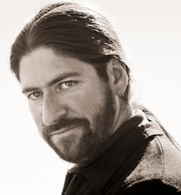 What advice would I give photographers just starting out? Whether you're engaged in your creative life professionally or simply as a vehicle for personal growth (an important distinction to make), I recommend you make a creative plan. If you do this, you too will find both your productivity and fulfillment will increase, in a way that’s meaningful to you. Set a mission (why you're doing it), goals (what outcomes you want), projects (the big things you do)(set goals for 1 year, 2 years, 3 years, 5 years, and end of life) and actions (the small steps you take to getting your projects done)(detail your 1 year next actions list) for your creative life. Align your creative mission with your life’s mission. Most people need at least two missions; one for their life in general (which includes many things – health, family, finances, etc) and one for a specific area, like their career or creative life, which may or many not be the same. Make sure that your missions share something in common – something other than yourself. The more you can align the them, the more likely you are to achieve them, increase your productivity, and be more fulfilled. A plan is a work in progress. The best plans are flexible and can be modified. If I don’t learn something new from a process, often something that shifts my perspective significantly enough to start doing something better than before, then I feel I haven’t truly excelled at what I’m doing. I expect to improve my plans. That doesn’t mean I shouldn’t waste time making plans. It does mean I can waste time making plans that are too detailed or too speculative. In addition to learning when and how to plan, it’s also important to learn when to stop planning. But do plan. Planning not to plan is planning to fail. If you don't make plans, life just happens and you may not make the time for the things that matter to you most. Make that time.” Read more on Making A Plan and Developing Personal Projects here. http://www.johnpaulcaponigro.com/downloads/creativity/reviewing.php Find 28 Quotes On Purpose here. http://www.johnpaulcaponigro.com/blog/10342/28-quotes-on-purpose/ Regardless of your specialty, John Paul needs to be on your radar and you need to stay in touch with his workshops, speaking engagements and publications. The best place to start is his website. Then make it a point to check in on his blog on a regular basis. Last on the list, follow him on twitter! And if you're looking for some amazing workshops, it's just a click below to see his schedule! Plus, check out the Digital Photo Destination series John Paul does together with another SCU faculty member, Seth Resnick. Images copyright John Paul Caponigro. All rights reserved.
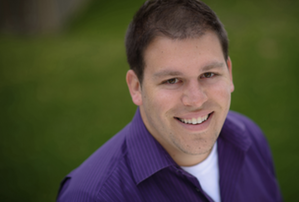 What advice would I give new photographers just starting out today? Success as a photographer is both realistic and challenging all at the same time. My advice to those starting out in the industry today would be simple - be intentional. In everything you do from this point forwards, decide to be purposeful and intentional, and you will succeed and create long-term sustainability in this industry. From choosing where you invest in equipment as a new photographer to educational opportunities and what genres you decide to specialize in, if you do it all with the purist of intentions and for the right reasons, you will be sure to find the right path for you. Don’t do things just because you feel they're the right thing to do, don’t follow everything the industry tells you to do just because it sounds right and don’t copy what other photographers do. Do things for you and do it because it makes sense and works for you. Think things through, take time to plan, be logical and always trust your gut. Most importantly, be sure to stop once and a while to measure your results, re-evaluate and re-focus if necessary. Success will surely follow as a result, but don’t forget to enjoy the journey! Bryan's made it a point to NEVER compromise on the results of anything he does, including images, technique, workflow, business and his friendships. From his blog, Sprouting Photographer to his website he's definitely somebody who should be on your radar! You'll also find one of the best guest posts we've had on the SCU site about pricing, just recently published! Images copyright Bryan Caporicci. All rights reserved.
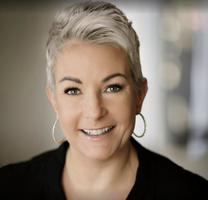 My advice to new photographers? That's an easy one... education, education, education! Become a perfectionist in your craft and in your business. Charge more than your think you are worth - your skill level will grow faster than the rate of inflation..... Rise to meet your prices. Oh, and get educated! As one of the industry's most recognized family portrait artists and educators, she never compromises on the quality of her images or her relationships with clients, associates and vendors. Nothing tops her passion for imaging, education and her students. You can see more of her images in her website galleries and also follow her workshop and teaching schedule with just a click of your mouse. Images copyright Michele Celentano. All rights reserved.
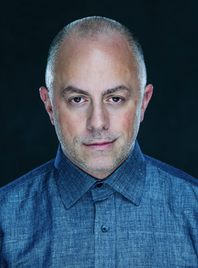 What advice would I give photographers starting out? It's sure not a short answer. 1) Learn. I cannot stress the importance of education enough. This is where I see a lot of people cut themselves short and not make the investment. while camera manufacturers have made it easier and easier to make a decent image - you will never make a great image without education. even at this stage of our career, we continue to invest in education. I learn something new every time I attend a workshop or seminar. There are a lot of smart people out there, so soak all that information up and apply it to your business. 2) Practice. Reading about something in a magazine doesn't make you an expert. Get out there and practice! Don't experiment on a live event. If you want to try some new lighting idea - grab a model, a friend, a can of soda and go shoot!!! all too often, I see people get too comfortable and lazy. this leads to your skills getting stagnant. Next thing you know, you wonder why you can't book more weddings, or why all of a sudden you have stiff competition all around you. It's because you have done nothing to grow your business or your skills. 3) Never give up. Regardless of whether you are a newbie or a seasoned pro, never give up! its easy to get frustrated or disenfranchised with everything, but if this is your passion you have to persevere. We all have ups and downs. Being in this business is an emotional roller coaster sometimes. We all get frustrated and burned out. don't think for a minute that doesn't happen to every speaker or every photographer. It's really easy to look at another studio and think the grass is greener, but we all have to deal with the day to day of the business. 4) Recharge. Don't be afraid to take some time off. it doesn't need to be a 2 month sabbatical, but take a day off. go play golf, do whatever it is you love to do. Sometimes, when I am getting burned out towards the end of a season, I just need a day or two off - not shooting and nothing business related. Seems counter-productive when you are super busy, but when I get back to the studio, I am 10x more productive! Being a professional photographer is a fun and rewarding career. Every day I wake up and feel like I am the luckiest man in the world. I get to do what I love and get paid for it. Good luck and be true to your dreams. Sal Cincotta could well be the most diverse photographer in our business. To start, as a photographer and artist there's nothing he can't shoot. As a publisher, Shutter Magazine, may well be the most widely read publication in professional photography. As a business owner, his diversity is remarkable with a reputation for always exceeding client expectations. And last but not least as an educator and leader in education, ShutterFest sets the standard for hands-on shooting and a community of attendees who all support each other. Images copyright Sal Cincotta. All rights reserved.
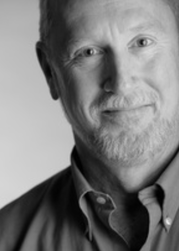 "My 'Words of Wisdom' for a photographer just starting out is multi-fold. Make sure you know how to run a business. This means learning how to market to get clients through the door and pricing your work profitably. Do you understand Cost of Goods Sold? Or, even if you are working out of your home, you have overhead costs that need to be recouped in your pricing. Things like equipment investment (computers and cameras don't last forever), software upgrades, insurance for your business including equipment and liability, phone, vehicle, time selling to the client, hiring a CPA, your salary and vacation, retirement and more. What do you need to have for your state? If you open a business you are responsible for collecting sales tax if appropriate and forwarding that to the state in a timely fashion, which brings me to the bookkeeping and record keeping you will need time to do or hire someone for the job. Oh, and if you have employees there's a whole new bag of worms. The point is I'm not trying to scare anyone from getting into business, just that you do so with your eyes wide open so you have a chance to make it work. A very large percentage of businesses don't make it past the first couple of years because they skip this part. I don't want that to happen to you…. So, long story short, have a business plan and then work your plan." Looking to see more of Bob Coates work? Check out his blog for professional photographers and his fine art page. Also, check out his commercial website or contact him directly, [email protected]. Images copyright Bob Coates. All rights reserved.
 What advice would I give new photographers just starting out? Please don't be the Rock Star, be the one who cares to give your very best in everything you do. Dedicate yourself to learning everything you can about composition, color, perspective, body language, lighting - basic fine art principles (and all of the equipment you need) that will help you elevate your work to a visual standard far beyond the norm. Challenge yourself to explore new and unfamiliar territory in creativity and new technologies. Embrace your successes and your failures as markers for what you're doing well and what you have yet to learn. Enjoy being yourself in your creative journey. Laugh. Love. Weave your life as a happy thread of color into the tapestry of all that is good in the world. Remember in the long run, it is Who You Are more than What You Do that makes you successful. Business isn't easy, especially for artists. Realize that equipment knowledge, software, image presentation, marketing, sales, business management, accounting and responsibility will occupy more time than your creative expressions. You don't make money in photography unless you are creating or selling your work. Delegate non-profitable jobs, like processing and retouching to people who do it well so you can free up your time for directing your marketing, selling and photographing more. Create your team and remember they will stay with you as long as they feel personally, professionally and financially rewarded for their work and dedication to you. And finally, don't sell yourself short. It hurts you and the industry you love. From one of the industry's finest retouchers and digital artists to a talented photographer and artist in her own right, Jane has done it all. She's an outstanding educator teaching all over the world. Follow what Jane's working on with a visit to her website and her educational material and schedule is just a click away! 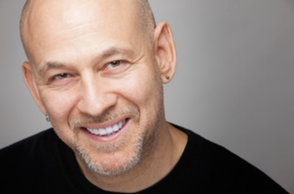 "What advice would I give new photographers? Ok, How much time do you have? Hang on to your hats kids 'cause it's a long list. First and foremost I'd say the most important lesson I've had to learn is to think of myself first "a person who sells art" and second as an "artist", rather than the other way around. Think about it, absent the selling part there won't be much full time art-making. That mental shift took some hard work and recalibrating, but it's paid off big time and I recommend it. Attack the things that intimidate you the most and that you want to do the least - business fundamentals, sales strategies, marketing plans, pricing, etc. These unsexy, non-art minded, left brain things are critical for your long term success and pay huge dividends. The trick is to shoot like an artist but think like a business person. Think hard about where your time is best spent and what your strengths are. Just because you're a crack Lightroom editor doesn't mean that's the best use of your skills or time. Are you a business owner or a production person? You see where I'm going with this? Outsourcing the lion's share of my post processing has played an important roll in transforming my business for the better. I'd recommend looking at Outsourcing as early as possible, I wish I had. It takes a leap of faith, but once you're there there's no turning back. The next thing to tackle is technique and the good news is it's a life long pursuit! Differentiating yourself through a solid and continually improving skill set is essential. For me that means location and studio lighting, posing, incorporating video, learning new software, reading, viewing instructional videos, etc. etc. etc. The list never ends but that life long learning process is the fun part! Master the technical aspects of your gear. Learn how to get it right in the camera first. This will save you a ton of time in post. Then spend time learning to create amazing finished prints using the myriad of digital darkroom tools at your disposal. Work hard to develop your own visual voice and signature. Nail down a streamlined and consistent workflow, so consistent you can hand it off if necessary. Surround yourself with inspiring people, people more talented than you are, people who leave you wishing you created something as cool as they did. I feel this way all the time! With all that said don't ever be afraid to fail, be afraid of not trying hard enough. Are you feeling overwhelmed yet? Don't sweat it, we're all on the same journey. Everyone involved with SCU shares the same passionate commitment to helping others achieve their goals through quality education and working together. I can't wait to see you all this summer. Keep up the great work!" Take the time to look at more of Michael's work on his site. You won't be disappointed. He's got a great book out on Canon Speedlites worth checking out and at least two more that I know of in the pipeline he's working on. Images copyright Michael Corsentino. All rights reserved.
 "Our advice to photographers just starting out? We would have to say, learn as much as you can about business and marketing, for your passion for the art and craft of photography will drive you. Having business and marketing skill will allow you to grow your business so you may support yourself and your family through your art." Bob and Dawn need to be on your radar. Check out more of their work on their workshop site and track their online education and their lighting programs. Images copyright Bob Davis. All rights reserved.
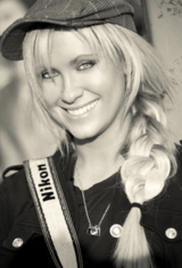 "To photographers starting out: "Shoot what you LOVE! Find what you're passionate about and shoot that as often as possible. There is nothing wrong with working on the paid gigs, but only show the type of work on your website and portfolio that ultimately you'd love to shoot. You'll be surprised when people start hiring you to shoot exactly that!" Kicking off her career as the Hy Sheanin Scholarship winner at WPPI was literally the beginning of her professional career and as the expression goes, the rest is history. She's been featured in story after story in virtually every major photographic magazine. Her client list is already a "Who's Who" in fashion and lifestyle. But as impressive as Dixie's work is, bringing a "fresh look to fashion photography", her most amazing quality is humility and just how easy she is to work with. Oh yeah, and let's not forget her passion for how much she simply loves shooting! She needs to be on your radar. Check out her website, it's just a click away. Images copyright Dixie Dixon. All rights reserved.
 "What advice would I give a new photographer just starting out? If you're just starting out you need to understand that photography is a commitment, especially if you're getting into wedding photography. Not to sound like too much of a cliche, but be prepared to make mistakes and more importantly learn from them. Challenge yourself and think outside the box. Don't be like everyone else. This will move you forward." JP is part of an amazing team, growing up in the industry and shooting with his father, Joe. He's an outstanding photographer, but what's most impressive is the way he adds the word "fun" to the relationship with his clients. Just look at the expressions in any Elario album and you can't help but smile! Check out the Elario website and put JP on your radar by reading his blog! Images copyright J.P. Elario. All rights reserved.
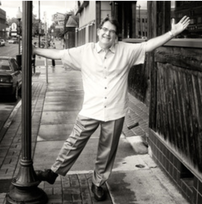 What advice would I give new photographers? My advice to new photographers is not to get hung up on equipment to the detriment of vision. Don’t be equipment poor. Buy the least expensive gear from a brand you like and be sure to look at used and refurbished models to save money. When you need specialized gear, rent it. Use your camera to make a new picture every day. Make it a self-assignment and post images on a (free) Tumblr blog for the world to see. Embrace the concept of testing; don’t practice on your clients. Follow the Boy Scout’s motto of “Be Prepared” so when you walk into that assignment for a new client you’ve got the basics down and are prepared to handle all of the surprises you won’t see coming. Part of being prepared is educating yourself. Read photography magazines and books, read blogs and attend seminars to improve your technical skills and expose yourself to other ways of seeing. Lastly and more importantly, find a mentor, an older photographer who attended ‘the school of hard knocks’ and when you’re more experienced remember to pass on what you’ve learned on to a new photographer. You've got to love a guy who has a blog with the tag line, "Saving the World, One Pixel at a Time". Check out Joe's blog and get him in your RSS feed. His posts are always loaded with great content and just to stay on top of what Joe's doing, follow him on twitter too! Images copyright Joe Farace. All rights reserved.
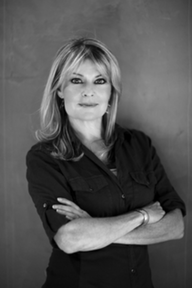
"What advice would I give new photographers just starting out? Be interested and engage in the people and the world around you. That is where you'll find the stories that are yours to tell. It feeds the soul. Connect and build relationships with the people you photograph, your pictures will be better."
As one of the country's leading photojournalists and a Pulitzer Prize winner, Deanne's images always tell a story. Check out this new series she's producing over at Think Tank, where she is a co-founder and watch the short video below! Regardless of your photographic specialty, Deanne is somebody you should be following. Her website and more images are just a click away. Follow her on Twitter. Check out her Facebook page. You'll also find her on Linkedin and keep tabs on her latest images on Instagram.
Images copyright Deanne Fitzmaurice. All rights reserved.
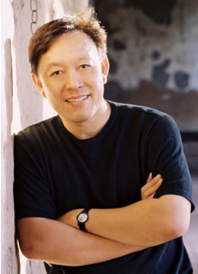 What advice would I give a photographer just starting out? I truly believe there are three elements one must consider when starting out as a serious photographer. It is vital that an education of the craft should be highly considered. Education is ongoing. If you can learn something new from each convention or program you attend or simply from thumbing through magazines, wonderful!! I also stress to my attendees in my programs, “when you are ready to learn, your teacher will appear.” What this means is that if one is truly serious about photography, locating the ideal mentor is important. By doing so, your mentor will teach you his/her style of photography as well as enhancing your strengths and correcting your weaknesses. My mentors were Rocky Gunn and Al Gilbert. They both were the “masters” of lighting and posing. Over time, they both taught me these two important aspects in order to make the subjects not look good but great. The second element is posing and lighting. Again, these are two skills that cannot be mastered overnight, but through time, practice, more practice, and lots of practice. These are skills that must be patiently understood so your subjects will look timeless in your photographs. The final element is passion. You must love what you do. Once you realize that you love what you do, photography is not work but passion and joy! Hanson's advice couldn't be more dead-on. Just passion for the craft without attention to building your skill set and building relationships with some great teachers isn't enough. Hanson is a prime example of a great photographer who worked hard to become one of the very best artists in the world as well as one of the most passionate. Follow Hanson's work in his website galleries and stay on top of his workshop schedule as well, with a click on the link below. Images copyright Hanson Fong. All rights reserved.
|
Our Partners"Why?"Check out "Why?" one of the most popular features on the SCU Blog. It's a very simple concept - one image, one artist and one short sound bite. Each artist shares what makes the image one of their most favorite. We're over 100 artists featured since the project started. Click on the link above and you can scroll through all of the episodes to date.
Categories
All
|
© 2019 Skip Cohen University


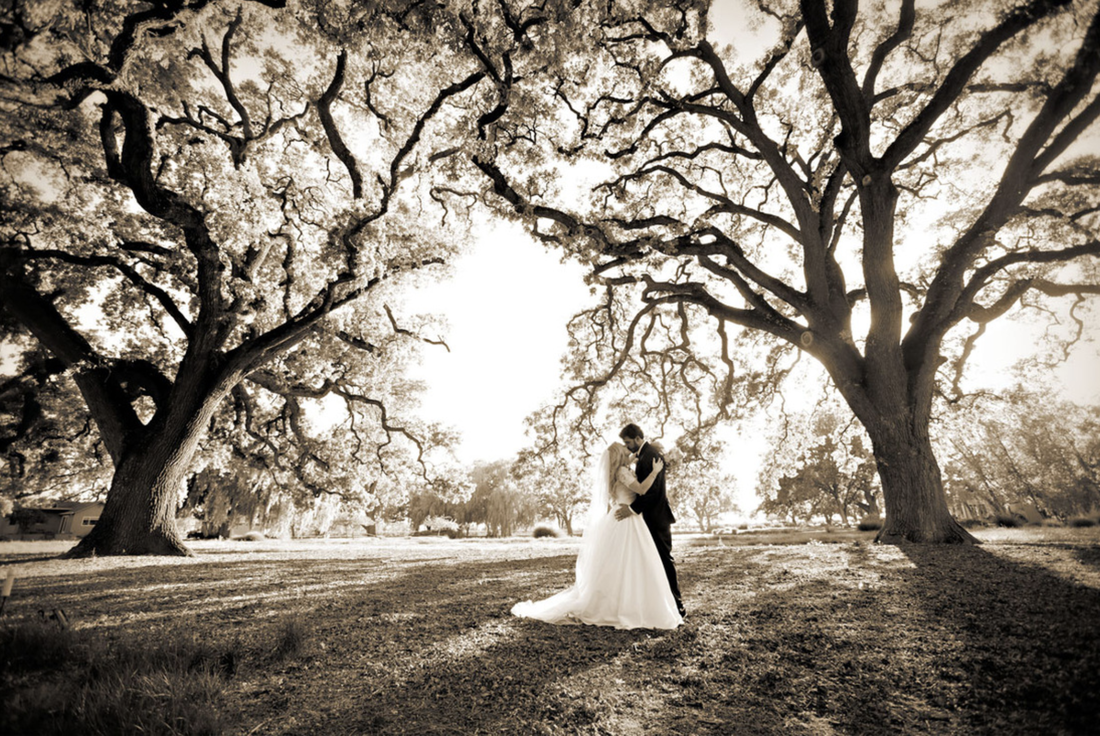
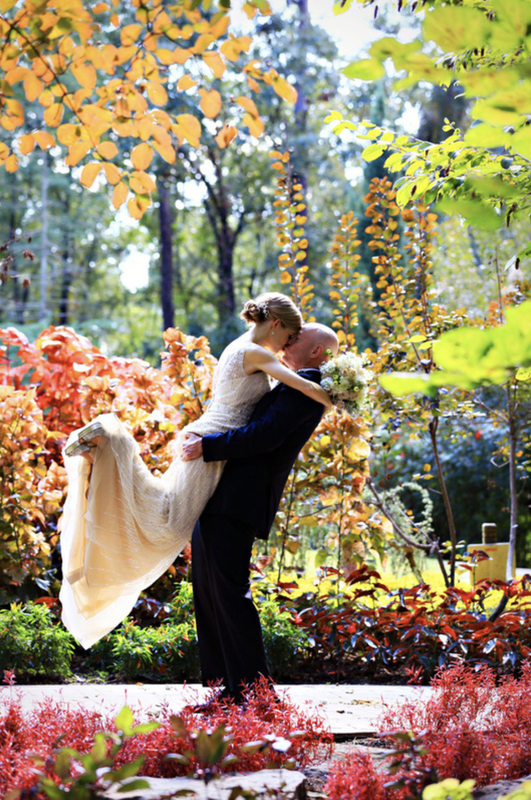

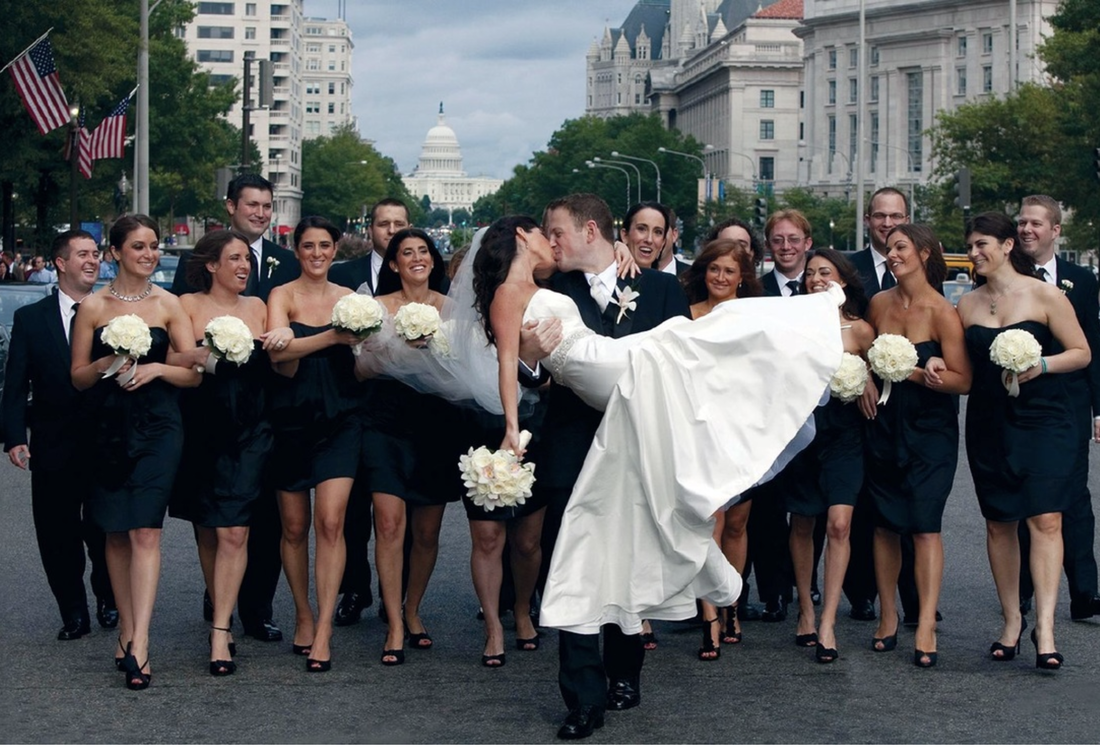
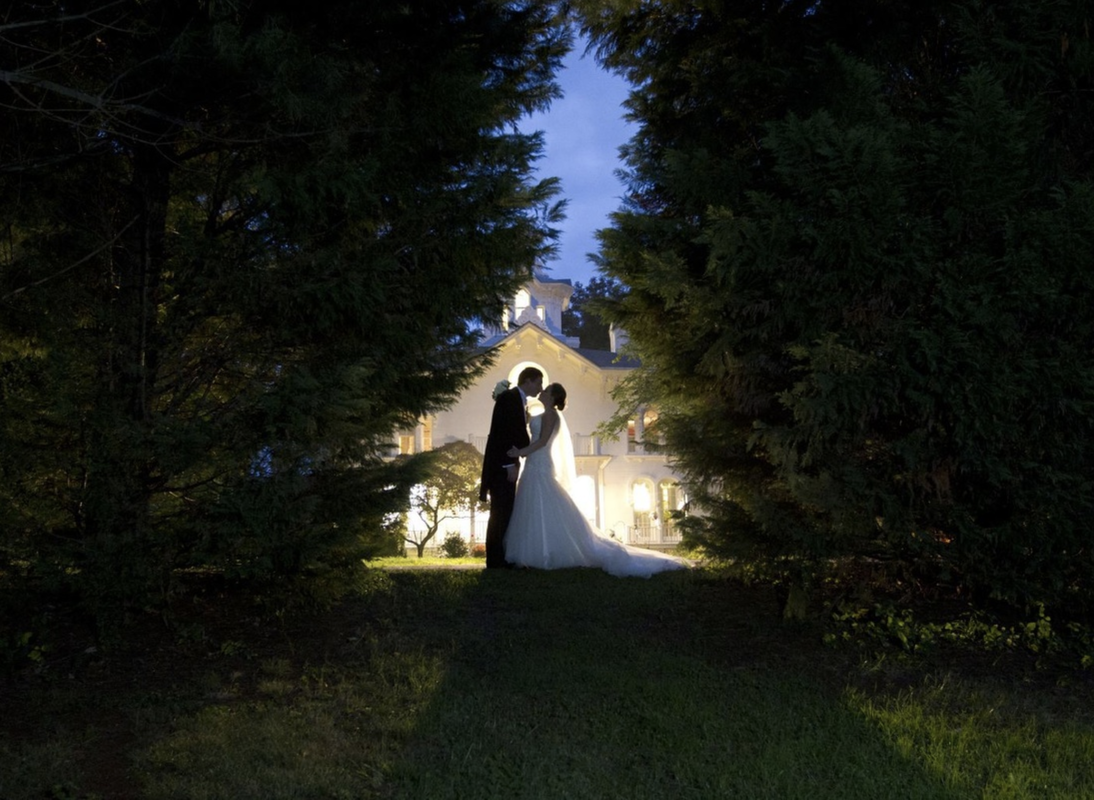
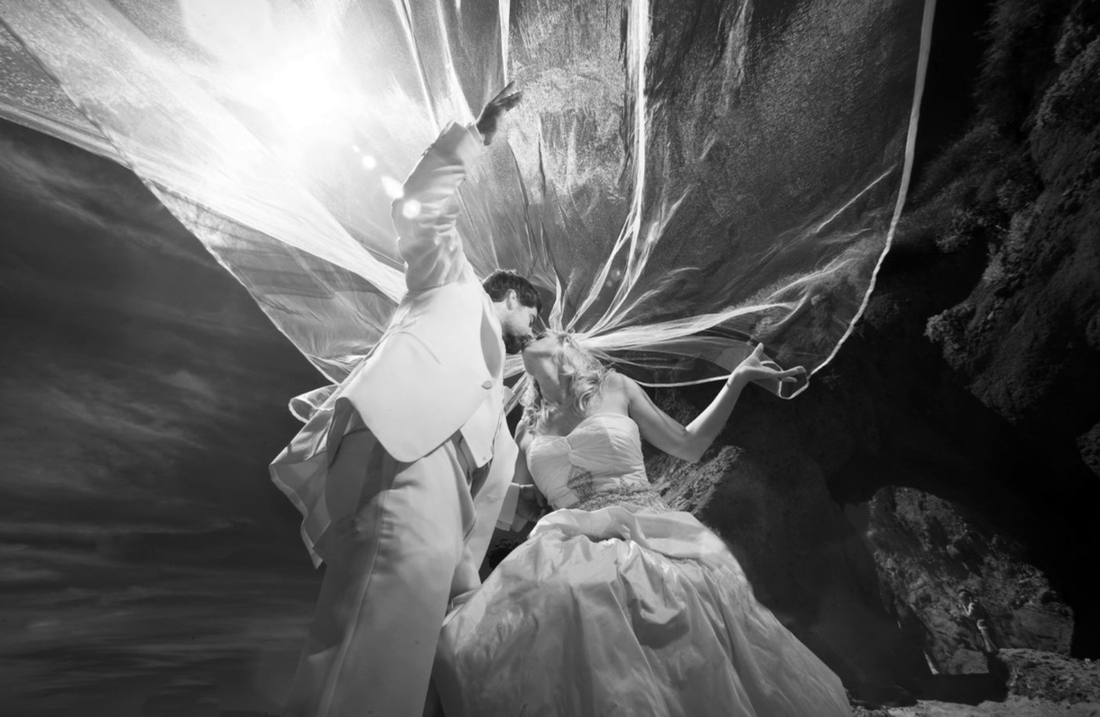
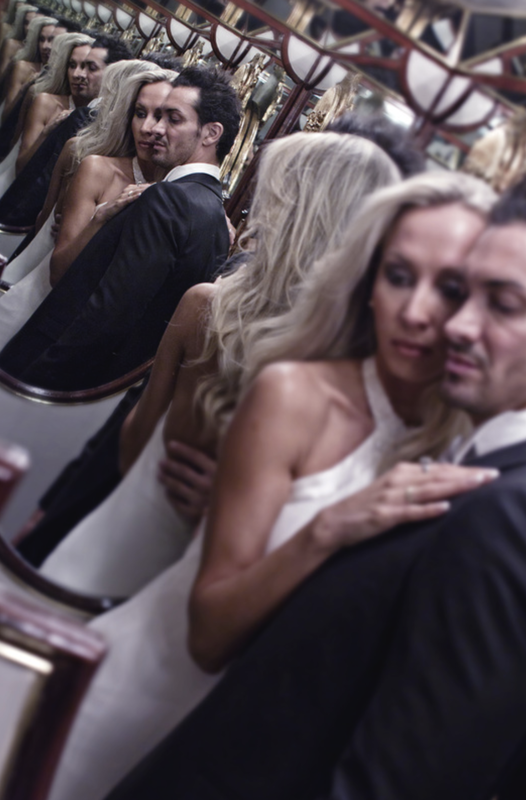
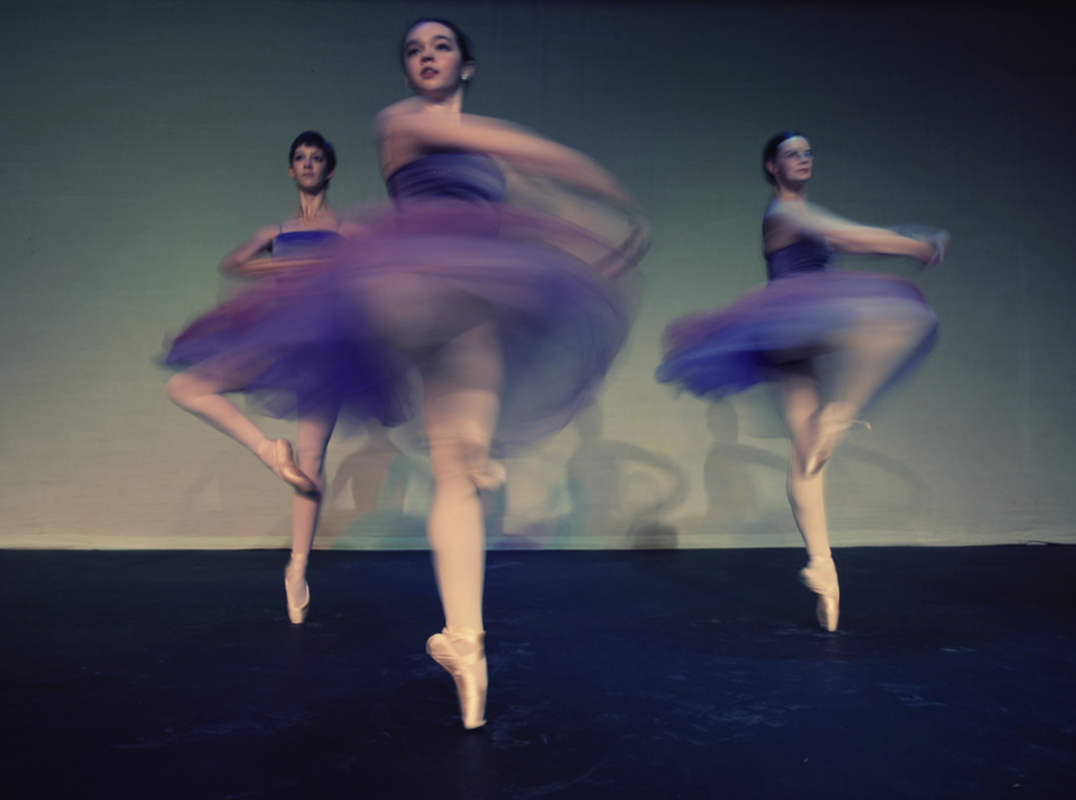

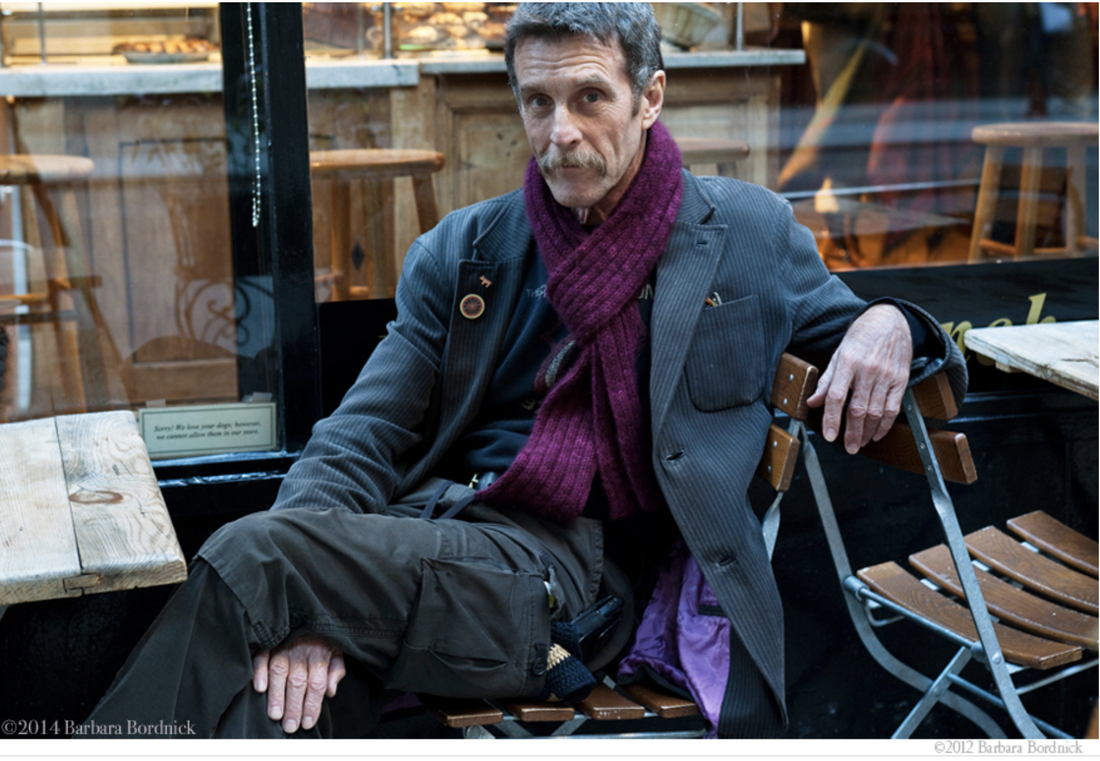
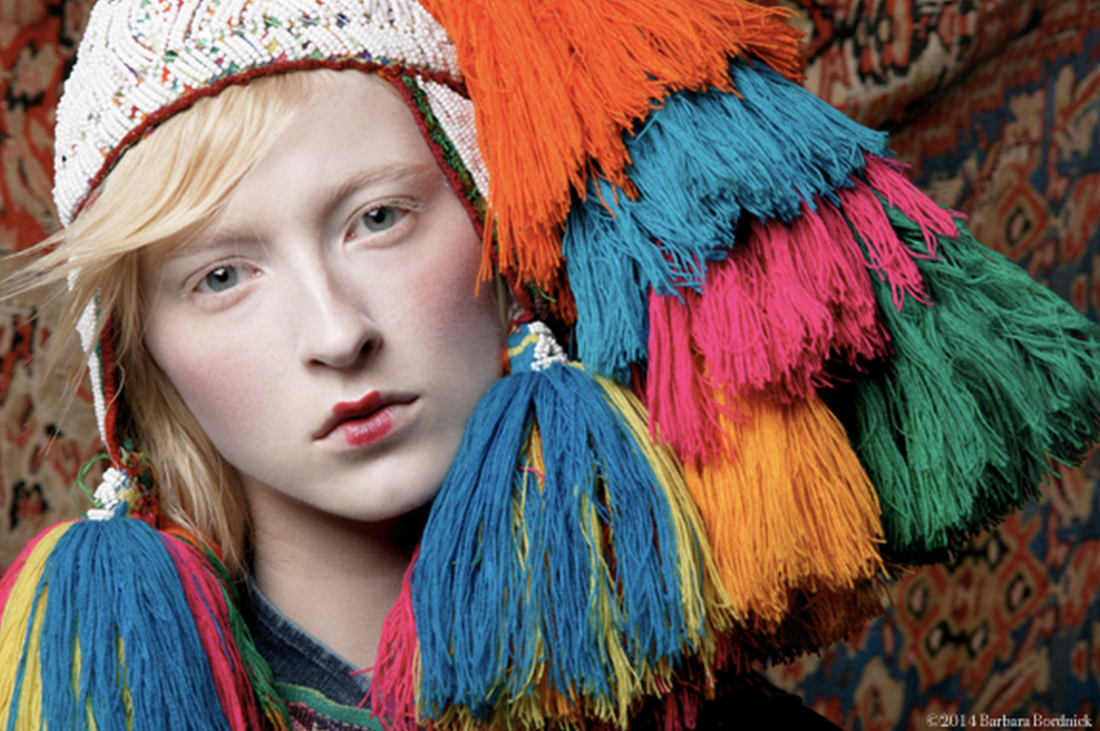

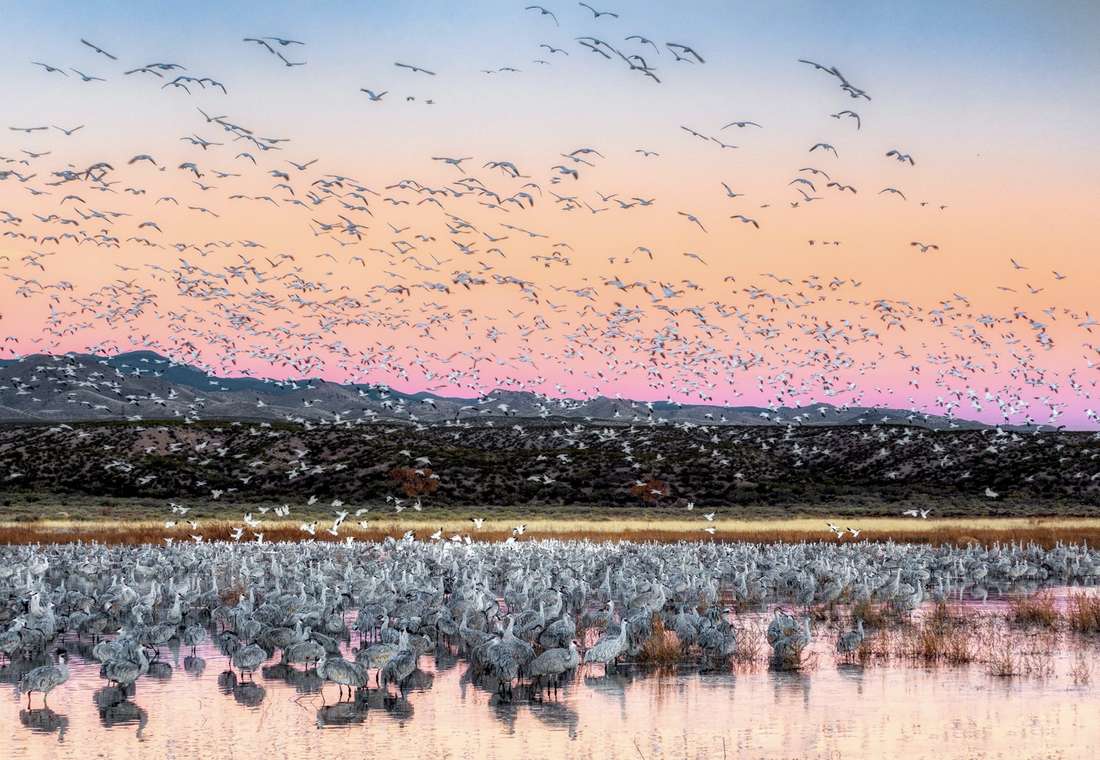

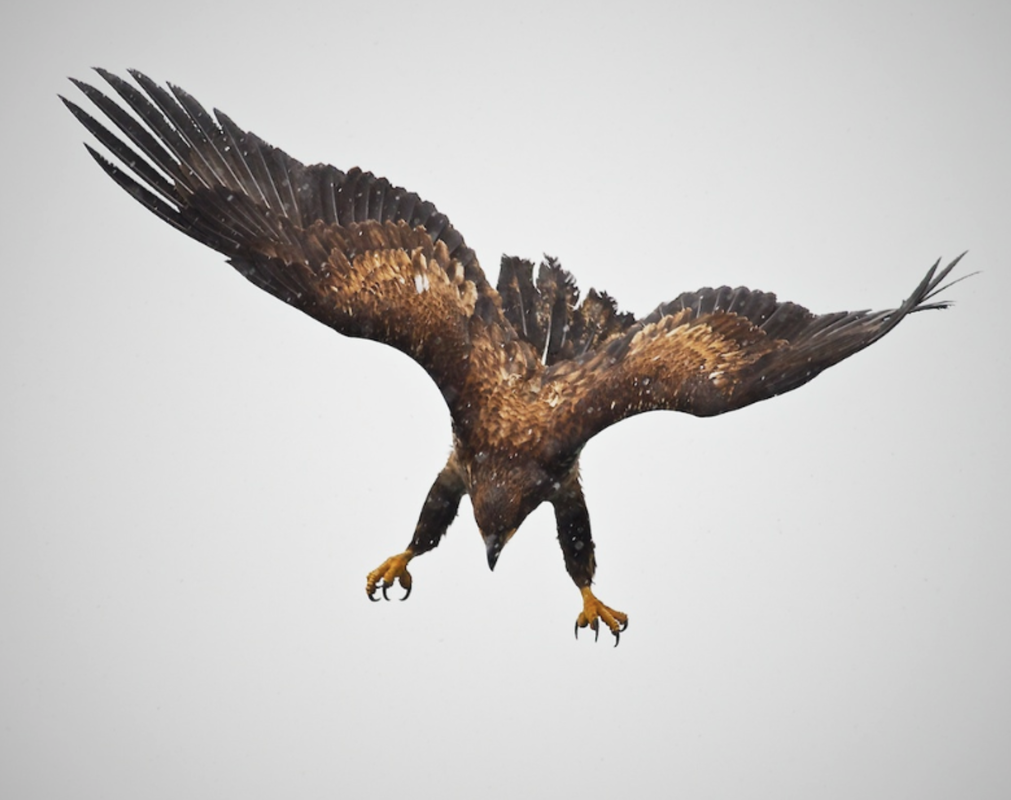

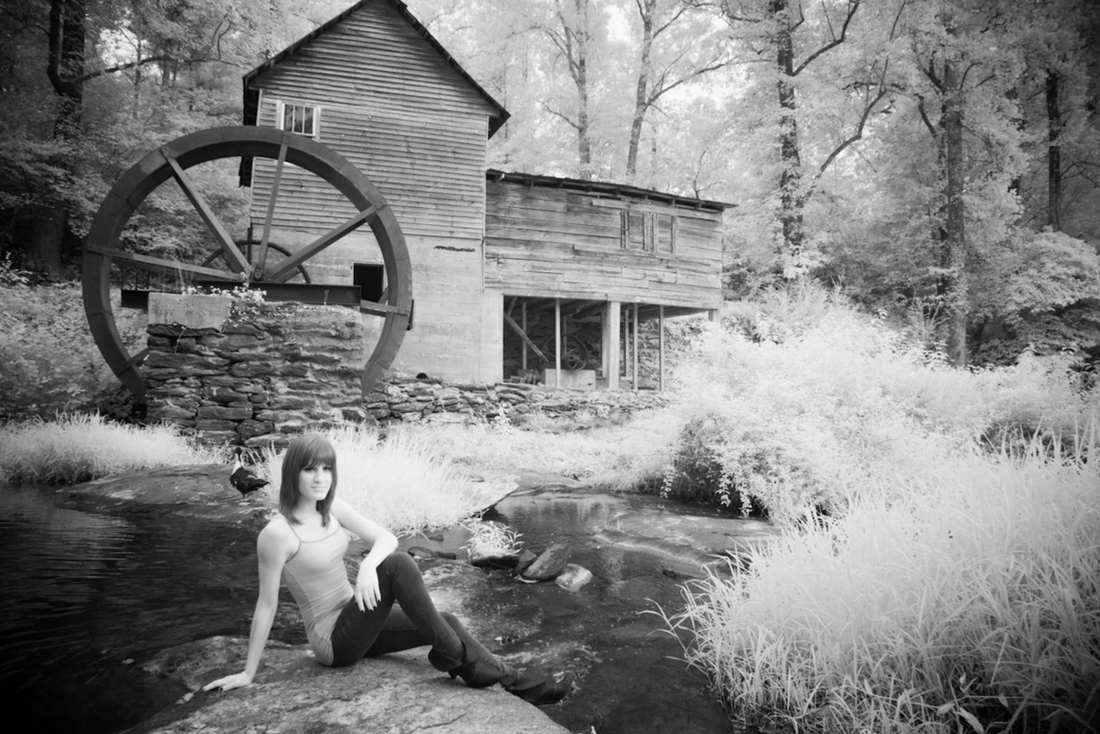


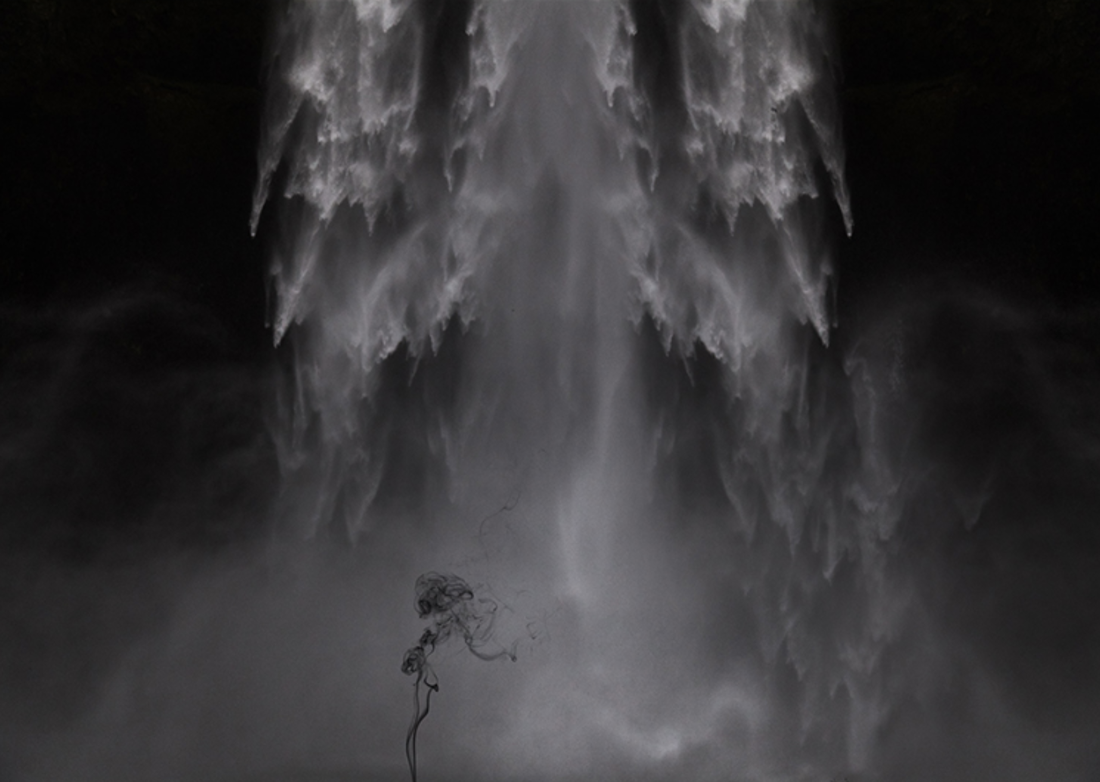


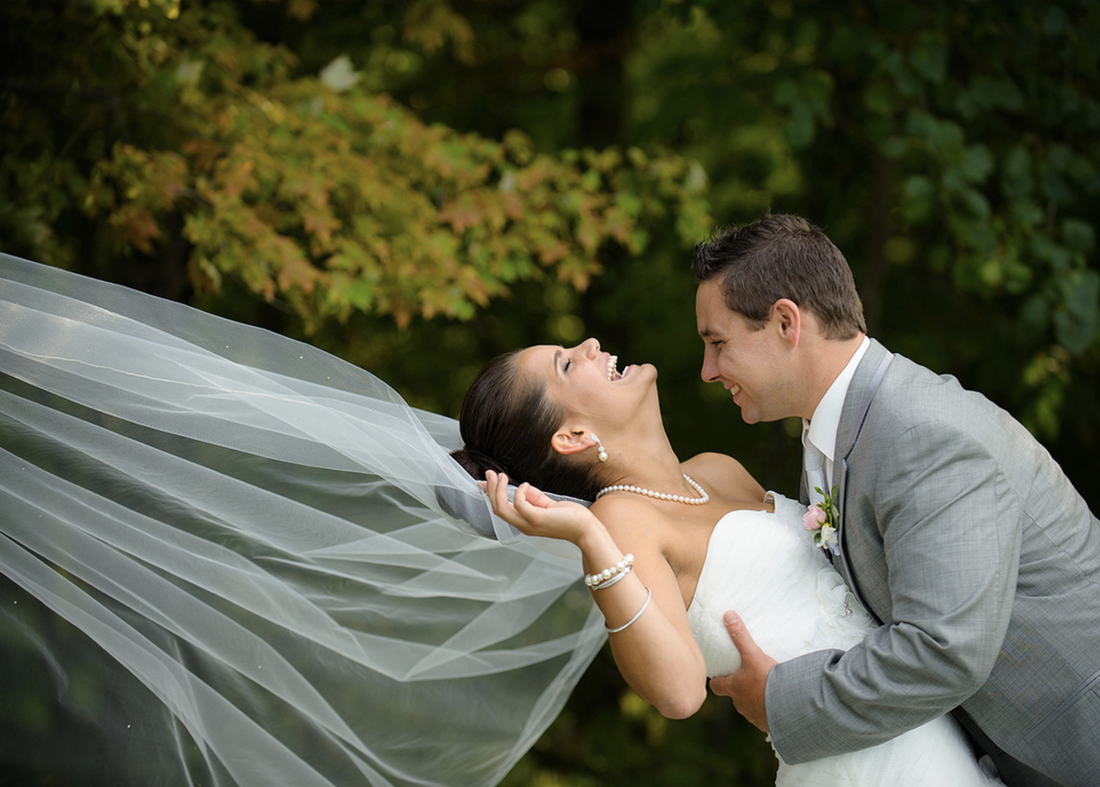




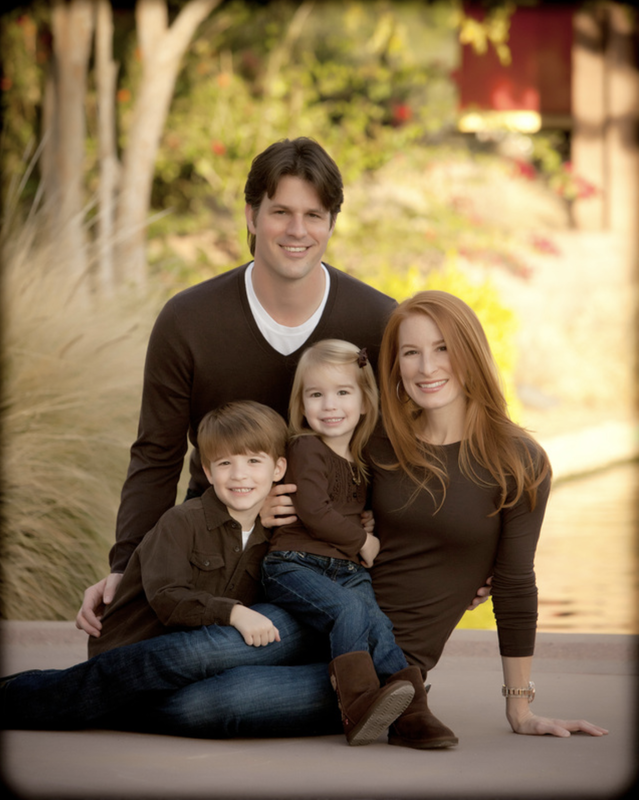
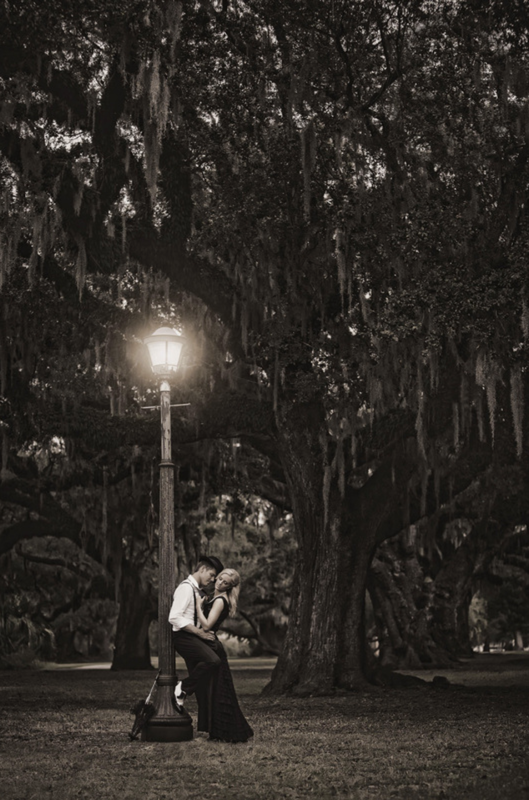
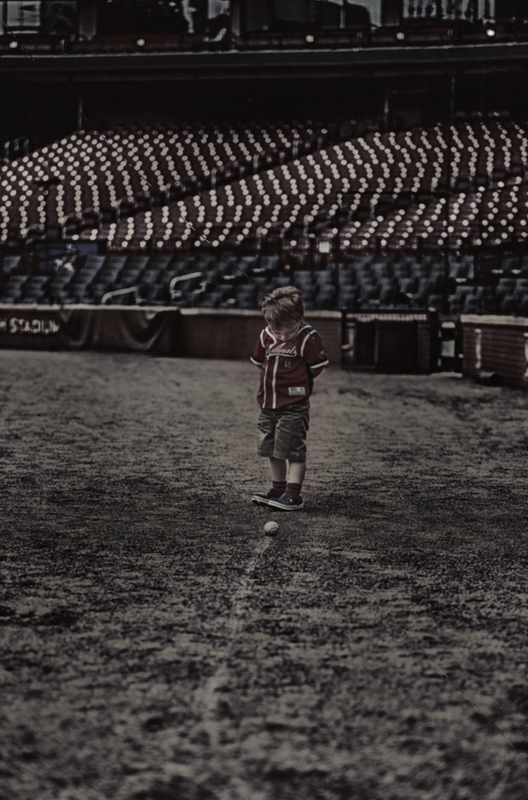
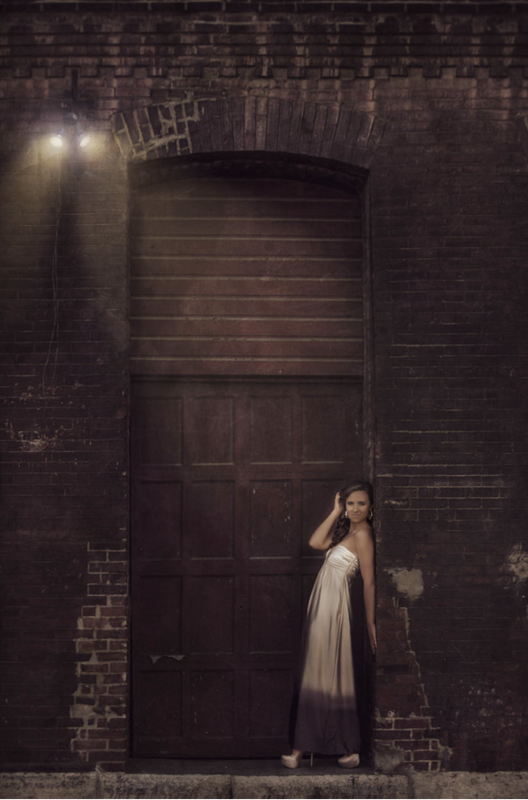
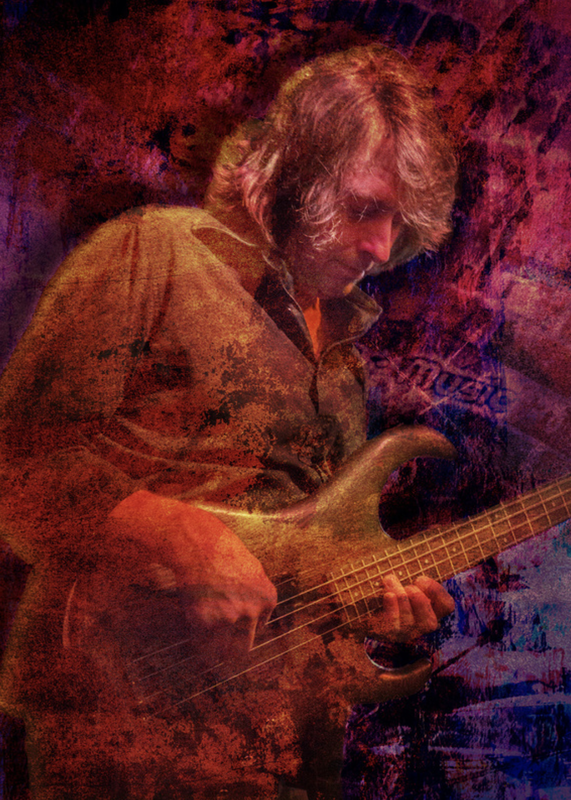
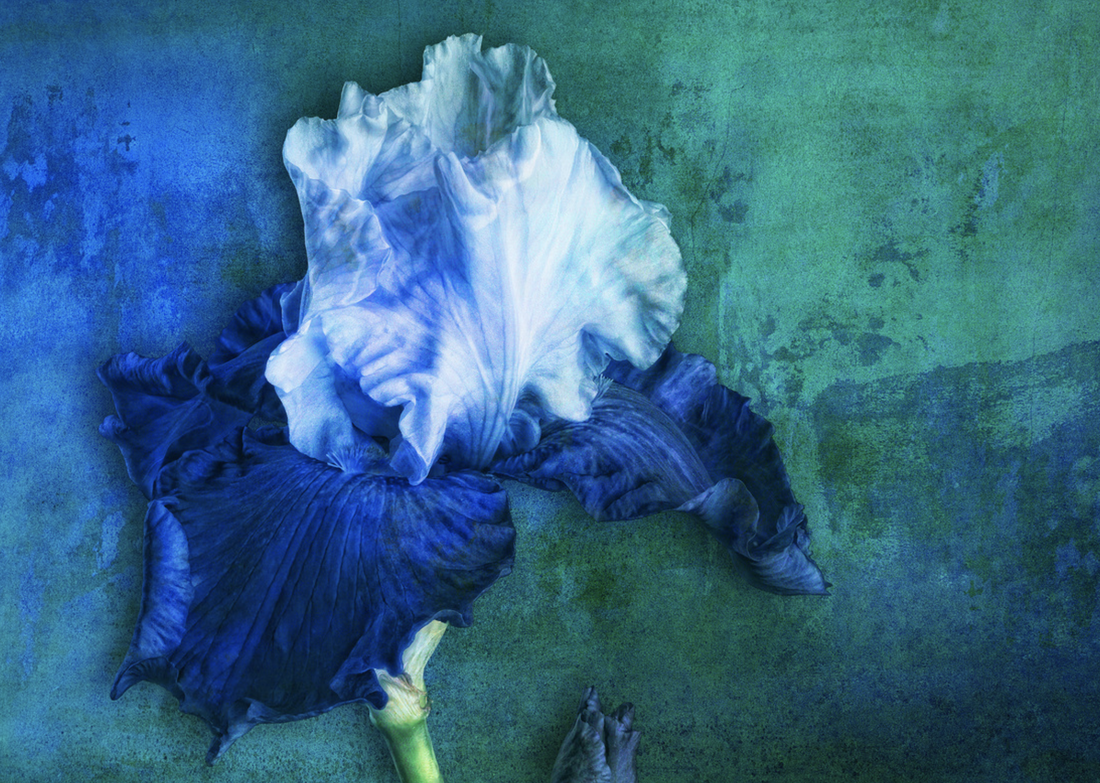

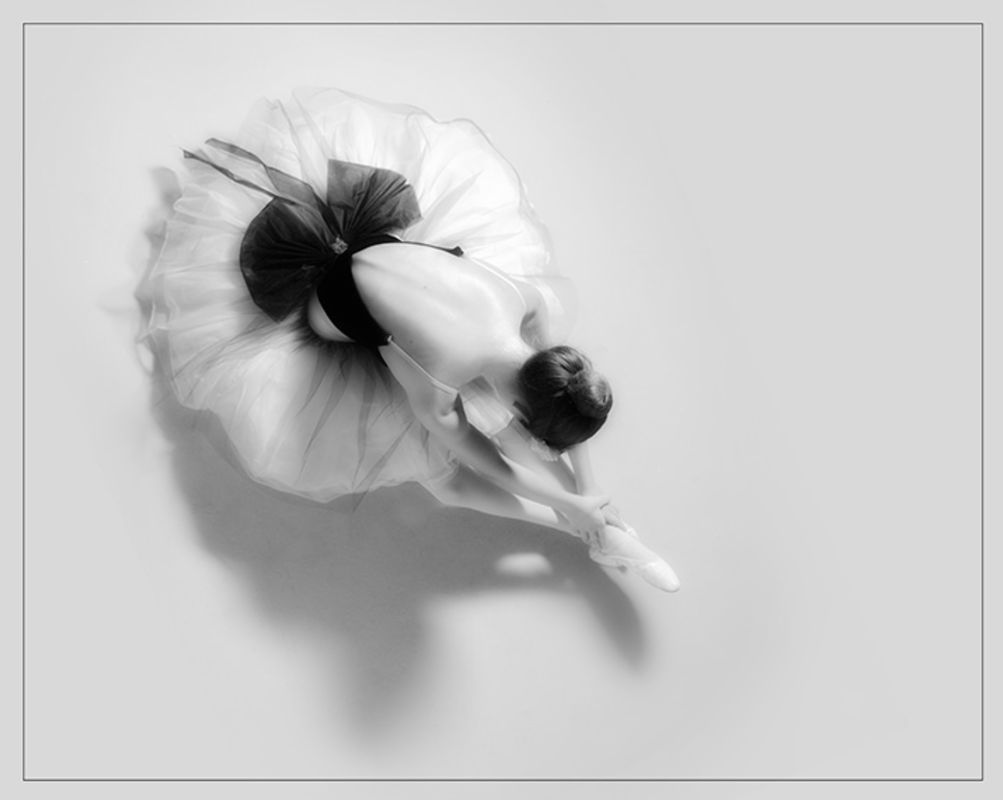


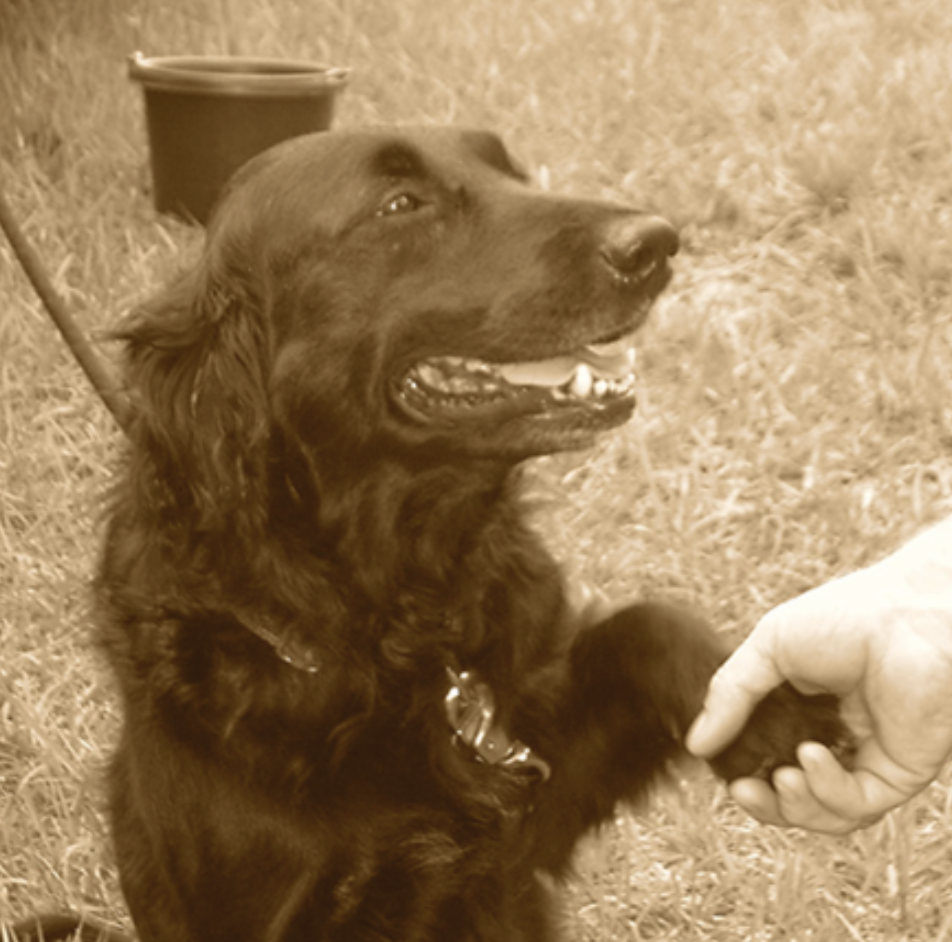

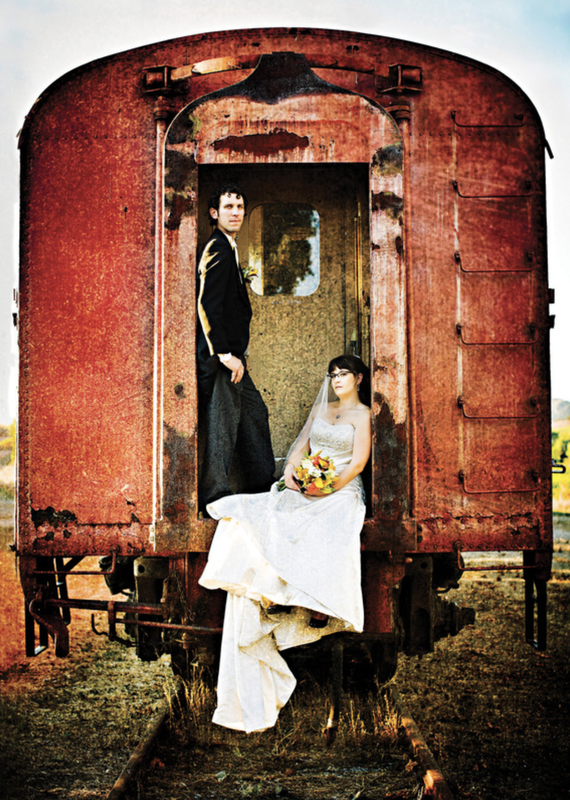

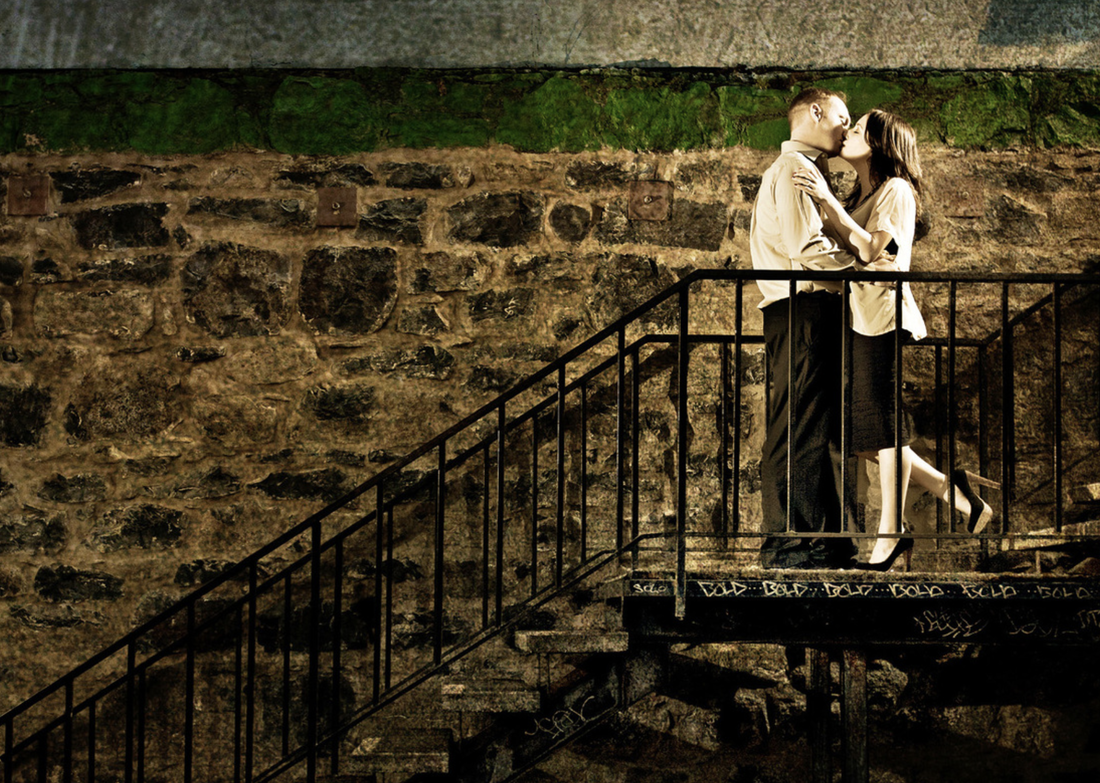




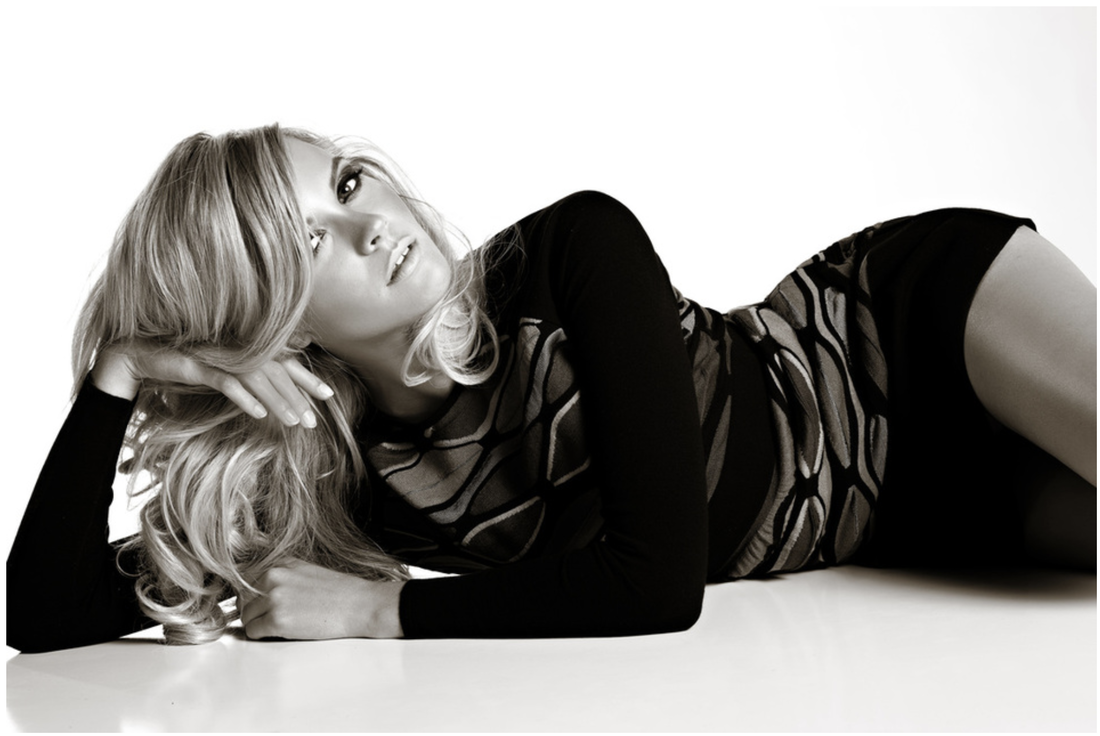

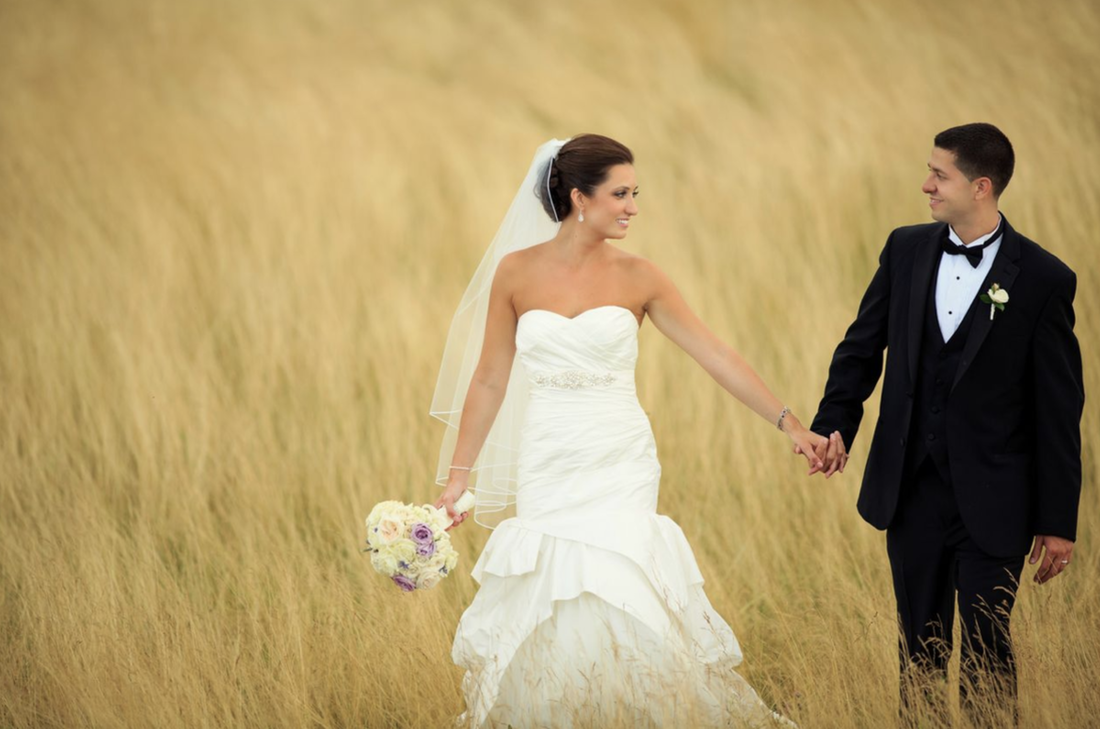
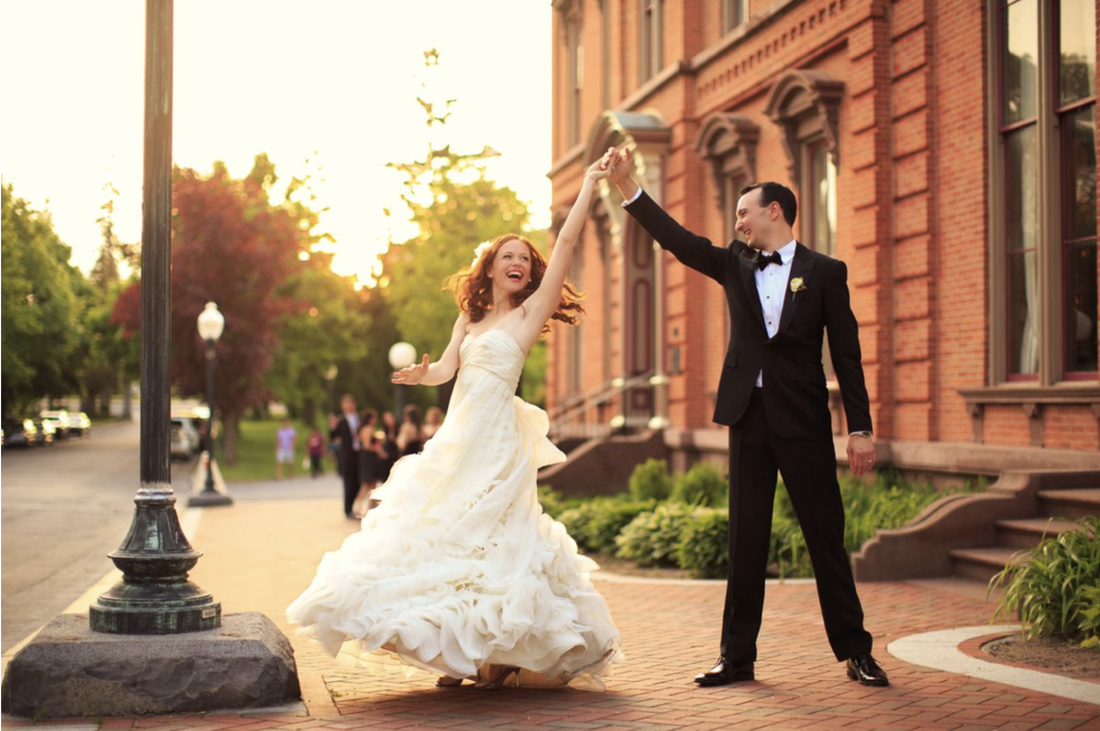
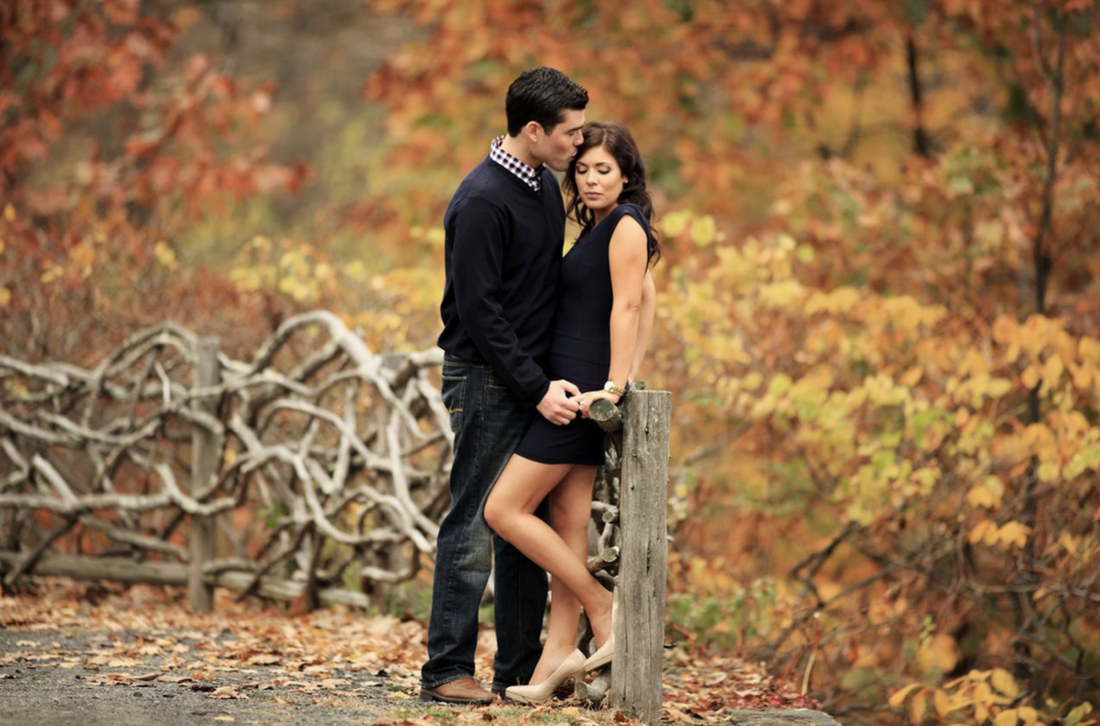
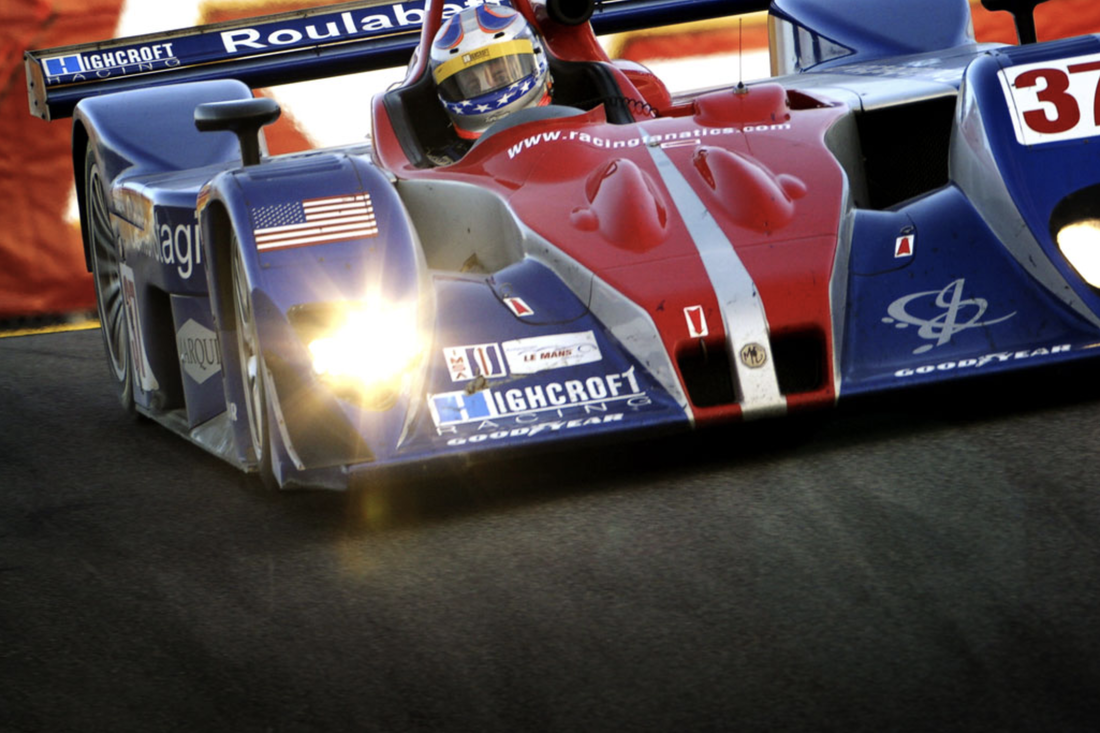
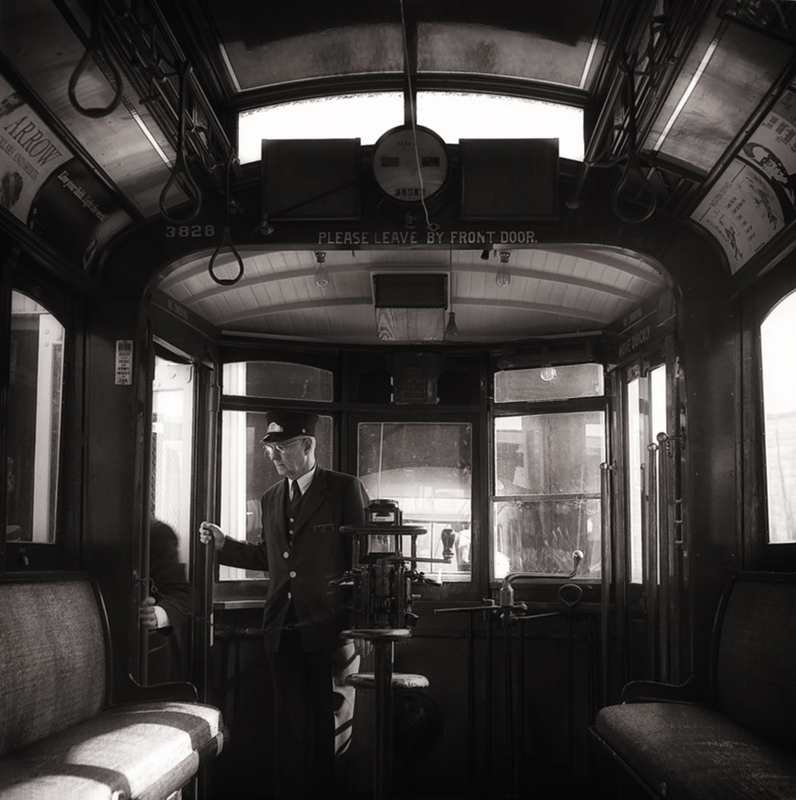
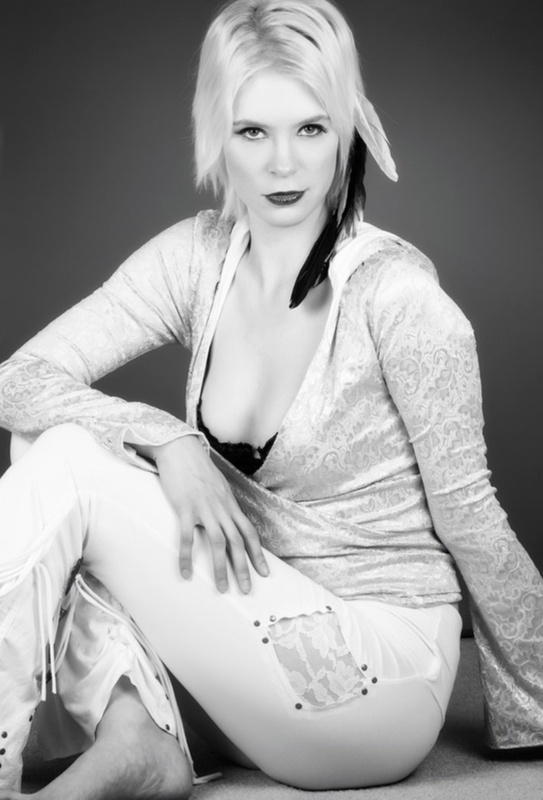
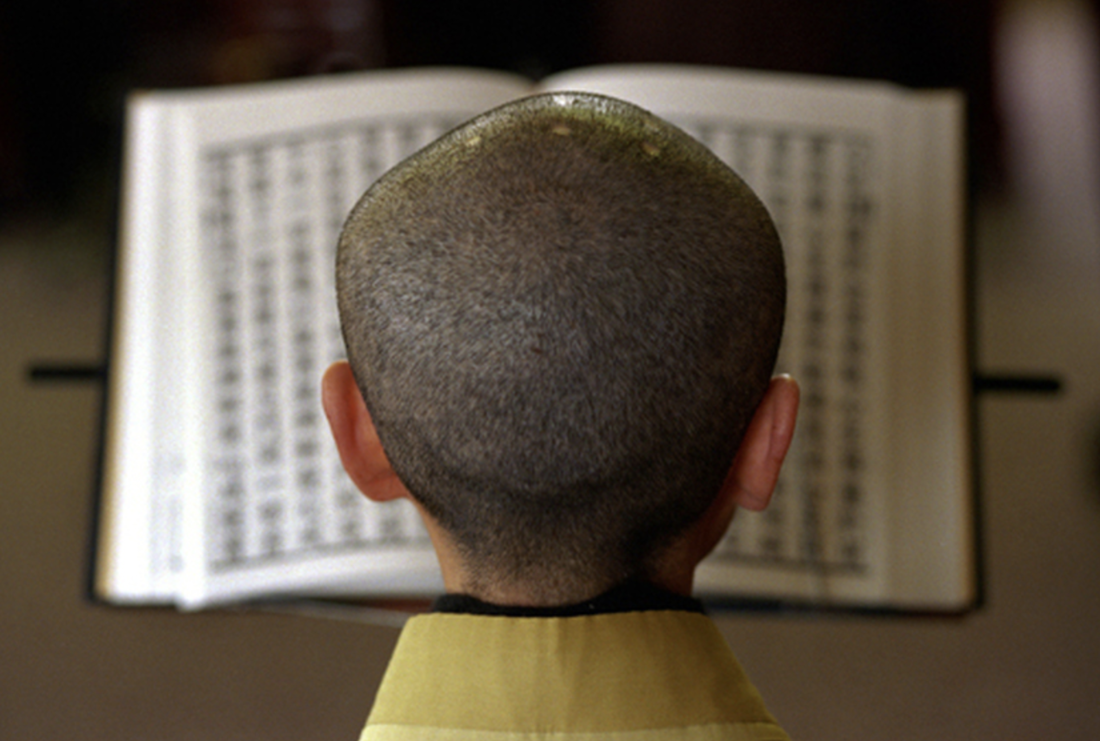

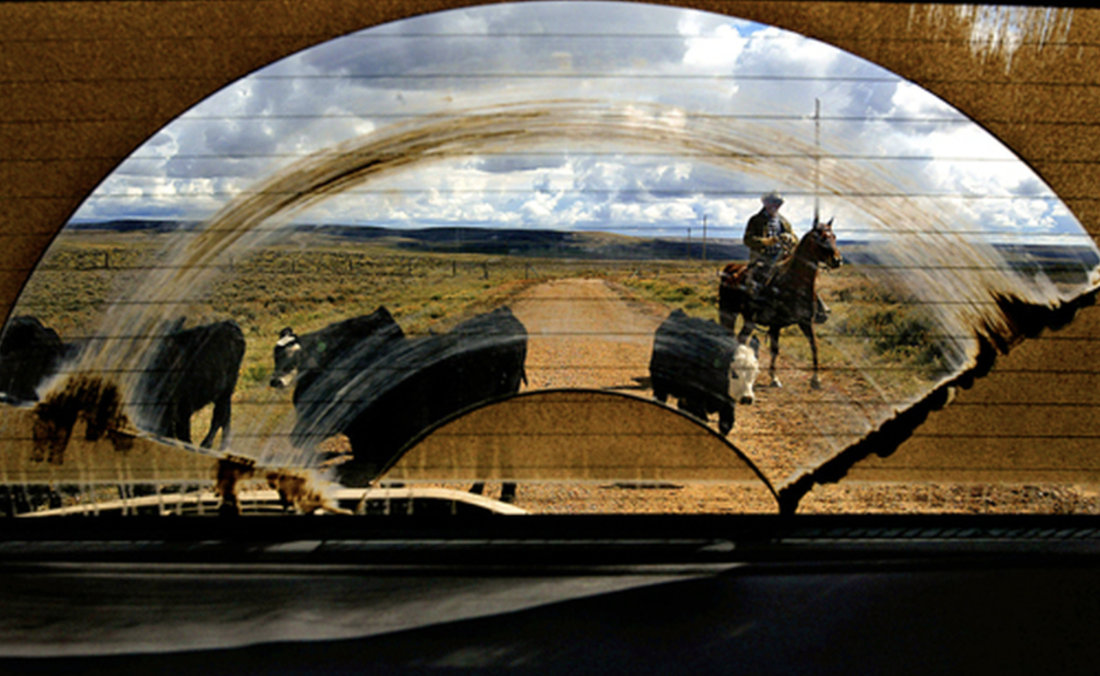
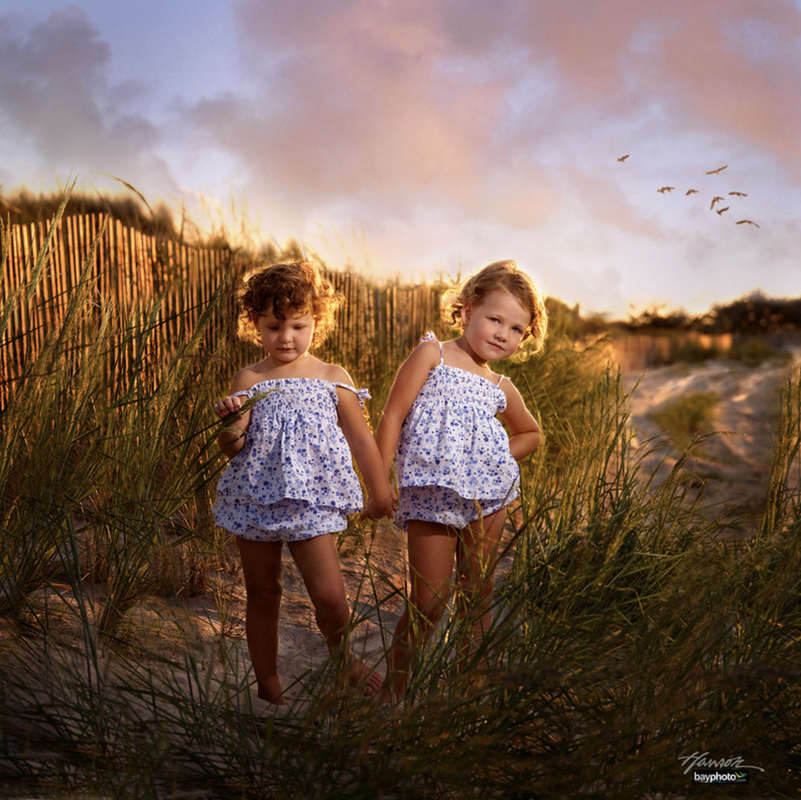
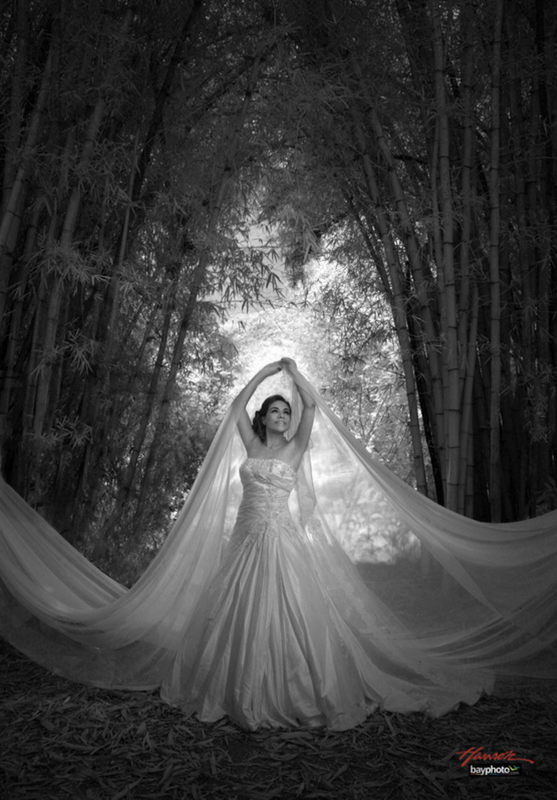
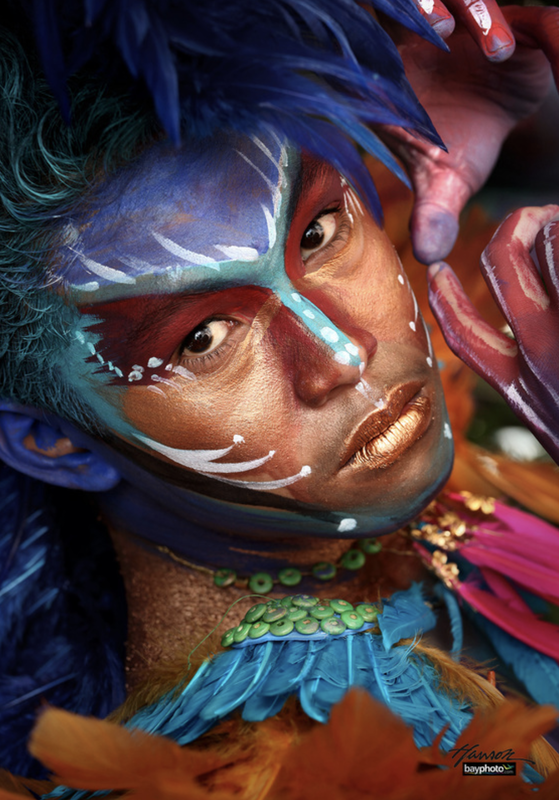
 RSS Feed
RSS Feed

